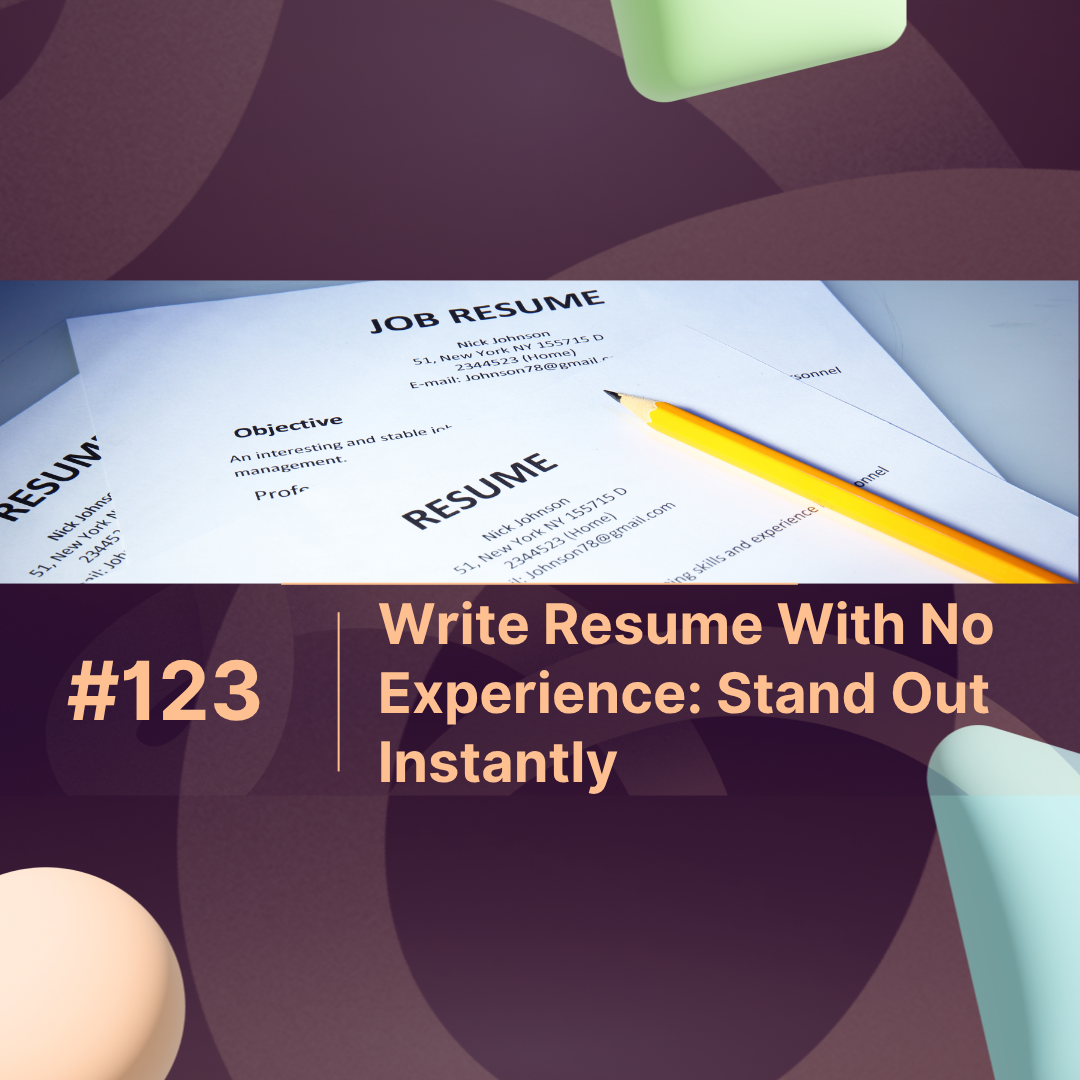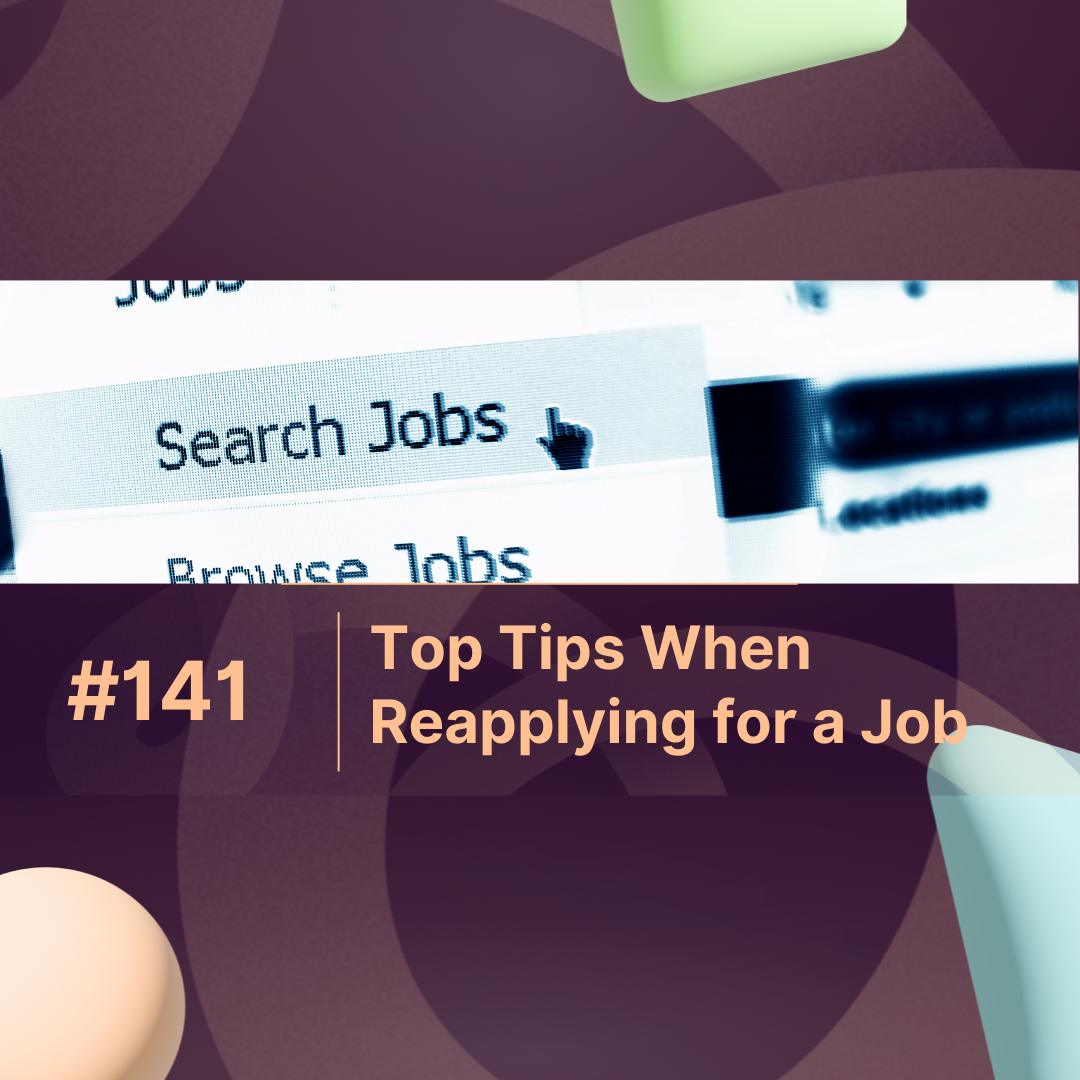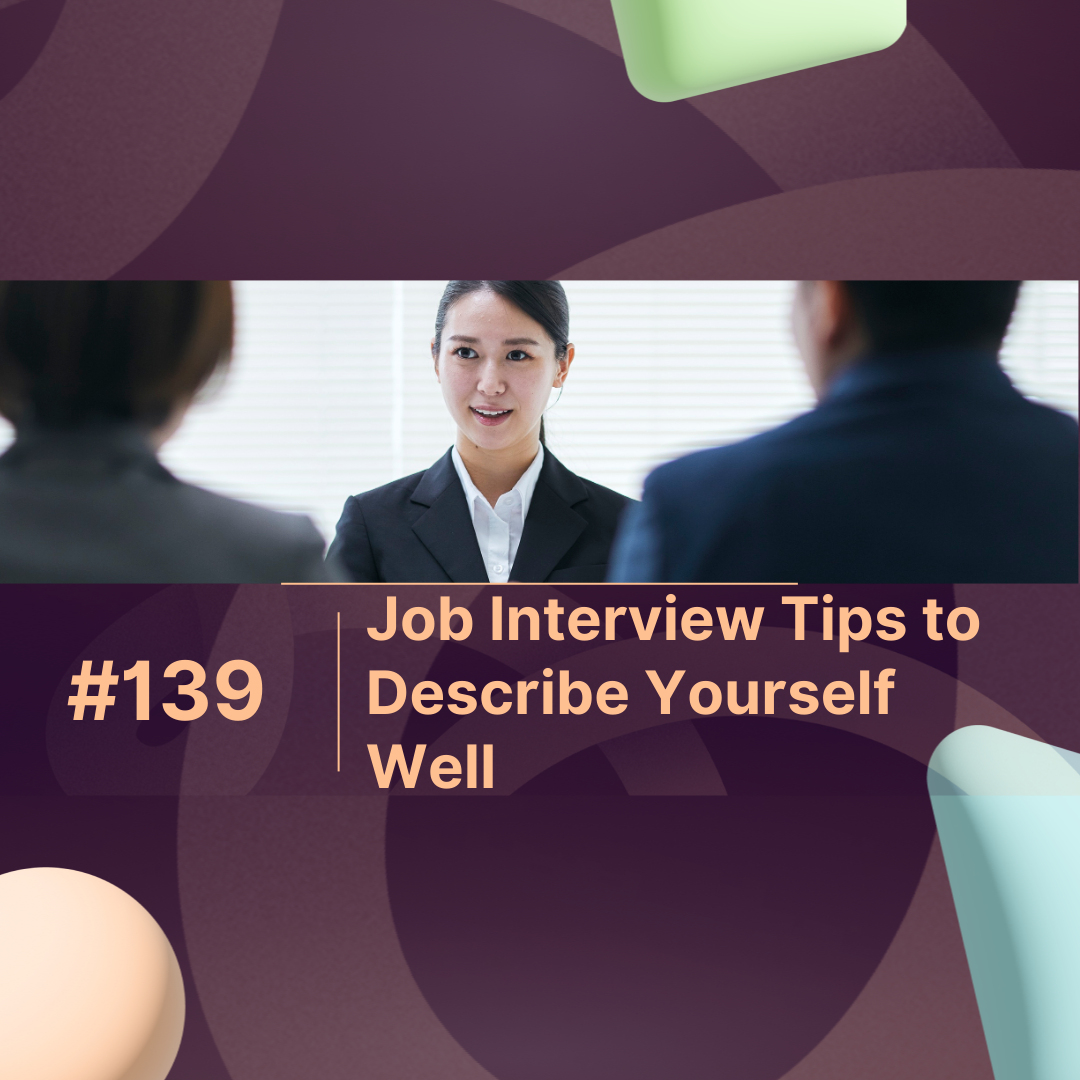Can you write a resume with no experience and still stand out? Absolutely—and it’s easier than most people think.
Here’s the direct answer: A resume with no experience should focus on skills, education, achievements, projects, volunteer work, and certifications instead of formal job history. By structuring your resume strategically and highlighting transferable strengths, you can impress recruiters even without professional experience.
This blog explains how to write a powerful resume with no experience using simple steps, proven formatting tips, and practical examples. We’ll also use insights from modern HR platforms like MaxProfile, which help job seekers build polished, ATS-friendly resumes instantly.
What Is a Resume With No Experience?
A resume with no experience is a resume format designed for students, fresh graduates, career changers, or anyone entering the job market for the first time. Instead of listing traditional work history, it highlights skills, potential, education, projects, accomplishments, and real-world experiences that prove your readiness.
This type of resume works because employers hire for ability, not just experience.
Why Writing a Resume With No Experience Still Works
There’s a myth that without experience, you can’t land a job. Not true.
Employers often look for:
-
Strong communication skills
-
Ability to learn quickly
-
Enthusiasm and professionalism
-
Basic technical or digital skills
-
Problem-solving ability
A well-crafted resume shows all of these even if you haven’t had a formal job before.
Platforms like MaxProfile make this easier by helping users highlight projects, skills, and achievements in a clean, modern format that recruiters want.
How to Write a Resume With No Experience (Step-by-Step Guide)
1. Start With a Compelling Summary Statement
Instead of an “Objective,” write a 1–2 sentence summary that showcases your strengths.
Example:
“Motivated business graduate with strong communication skills and hands-on experience in campus leadership. Seeking an entry-level marketing role to apply creativity and analytical skills.”
2. Highlight Your Skills (Hard + Soft)
Hiring managers look for skills first—especially when you’re new.
Skills to include:
-
Communication
-
Teamwork
-
Microsoft Office / Google Workspace
-
Problem-solving
-
Time management
-
Basic industry tools (Figma, Canva, CRM tools, etc.)
3. Add Your Education Section
Include:
-
Degree
-
Institution
-
Graduation year
-
Relevant coursework
-
Academic awards
4. Use Projects to Prove Your Abilities
Projects are powerful proof of what you can do.
Examples:
-
Designed a personal website
-
Led a university event
-
Completed a data analysis assignment
-
Built a marketing plan in a course
5. Include Internships, Freelancing, or Volunteer Work
Even small experiences matter.
If you helped at a school event, created a social media poster, or tutored a friend—add it.
6. List Certifications to Boost Credibility
Free or low-cost certifications:
-
Google Career Certificates
-
HubSpot Academy
-
Coursera
-
LinkedIn Learning
7. Format Cleanly for ATS Scanning
Rules to follow:
-
Use simple fonts (Arial, Calibri).
-
Stick to clear headings.
-
Avoid images or fancy columns.
-
Save as PDF unless the employer requests otherwise.
Tools like MaxProfile automatically optimize formatting for ATS compatibility.
What Recruiters Look for in a Resume With No Experience (Data Table)
| What Recruiters Prioritize | Importance Level (1–10) | Notes |
|---|---|---|
| Communication Skills | 9 | Most requested skill across all industries |
| Education & Coursework | 8 | Especially important for entry-level roles |
| Projects & Achievements | 8 | Shows initiative and real-world ability |
| Technical Skills | 7 | Bonus if relevant to the job |
| Volunteer Work | 6 | Demonstrates character & responsibility |
Resume Template You Can Use Immediately
[Name]
Phone | Email | LinkedIn | Portfolio
Summary
Short 2-line summary showcasing strengths and goals.
Skills
List 6–10 relevant skills.
Education
Degree, institution, year, coursework.
Projects
• Project Title – What you did, tools used, results achieved.
• Project Title – Brief description + outcome.
Experience (If any)
Internships, freelancing, part-time jobs, volunteering.
Certifications
List relevant certificates.
Why MaxProfile Helps You Create a Resume With No Experience Faster
MaxProfile is designed for job seekers with little to no experience. It helps you:
-
Pick modern, ATS-friendly templates
-
Highlight projects over job history
-
Showcase skills in a professional format
-
Auto-generate summaries and bullet points
-
Build a complete resume in minutes
If you’re starting from zero, MaxProfile ensures your resume still looks polished and employer-ready.
Conclusion
Writing a resume with no experience is not only possible it’s one of the easiest resume styles to create. By focusing on your skills, education, achievements, and real-life projects, you can make a strong first impression and stand out instantly. Whether you’re a recent graduate, student, or career changer, the right structure and tools (like MaxProfile) can help you build a confident, professional resume that gets attention.
FAQs
1. How do I write a resume with no experience at all?
Focus on skills, education, projects, volunteer work, and certifications instead of traditional job history.
2. What skills should I list if I have no experience?
Communication, teamwork, problem-solving, digital tools, time management, and any basic industry-specific skills.
3. Can I include school projects on my resume?
Yes—projects are one of the most valuable sections for beginners and show what you can actually do.
4. Should I write an objective or summary?
Use a summary. Employers prefer a brief statement about your strengths and goals.
5. Is one-page enough for a resume with no experience?
Yes—one page is ideal, clean, and recruiter-friendly.



